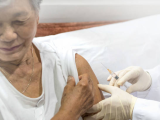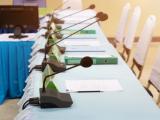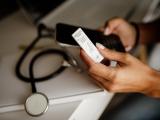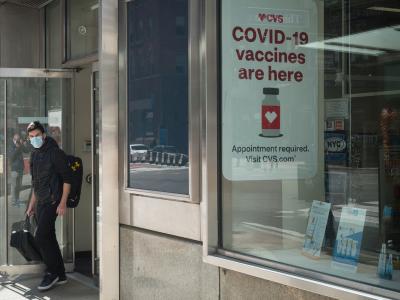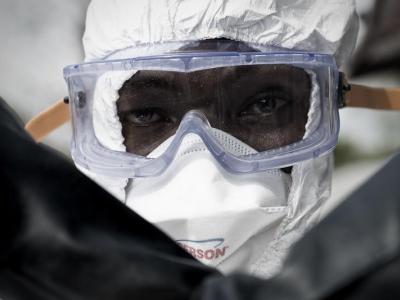Aug 17, 2011
CSL addresses flu vaccine regulatory concerns, febrile seizure probe
Australian flu vaccine maker CSL is still working on addressing concerns raised by the US Food and Drug Administration (FDA) in March regarding manufacturing processes at its plant in Melbourne where the vaccine is made, the Australian Associated Press (AAP) reported today. CSL's managing director, Brian McNamee, told reporters that the company responded in detail to the FDA's concerns and that so far the FDA is satisfied with the progress. "But we accept this is a journey and we have to continue to update our systems and procedures," he said, according to the report. McNamee said the company has improved its management systems for compliance and is bringing in new staff. In June 2010 the company withdrew its Fluvax seasonal flu vaccine after hundreds of children under age 5 experienced febrile seizures following vaccination. Australian drug regulators confirmed the link. McNamee said CSL's own investigation found that the reactions were caused by a "surprise interaction" between the flu strains that were in the 2010 vaccine, according to the AAP report. He said scientists still don't know what caused the interaction between the strains.
Aug 17 AAP story
Study says 1 dose of pandemic H1N1 vaccine protects pregnant women, newborns
A single dose of 2009 H1N1 pandemic flu vaccine containing 25 micrograms (mcg) of hemagglutinin is highly immunogenic in pregnant women, similar to findings for nonpregnant individuals, and the antibodies transfer transplacentally, according to a study just published in the Journal of Infectious Diseases. The authors randomly assigned 120 pregnant women to receive an inactivated 2009 H1N1 vaccine containing either 25 or 49 mcg of hemagglutinin in a two-dose series with 21 days between doses. Blood samples were obtained before vaccination and 21 days after each dose. After the first dose, hemagglutination inhibition (HAI) titers of 1:40 or more were detected in 93% of subjects receiving the 25-mcg dose (95% confidence interval [CI], 82%-98%) and in 97% of those receiving the 49-mcg dose (95% CI, 88%-100%). HAI titers of 1:40 or more in infant cord blood at the time of delivery were detected in 87% (95% CI, 73%-96%) and 89% (95% CI, 76%-96%) in the 25-mcg and 49-mcg groups, respectively. The authors say their findings suggest that a vaccine containing the standard dose of 15 mcg of hemagglutinin would probably be adequately immunogenic in pregnant women and would likely confer passive protection to newborns as well.
Sep 15 J Infect Dis study abstract
Hajj pilgrims must have proof of flu vaccination
Pakistan's religious affairs ministry has notified citizens making the Hajj pilgrimage to Mecca that they must receive seasonal and 2009 H1N1 flu vaccines, the Associated Press of Pakistan (APP) reported today. Shafique Ahmed, a ministry official, said Saudi Arabian authorities have stipulated that pilgrims must carry medical certificates that they have been vaccinated.
Aug 17 APP story

